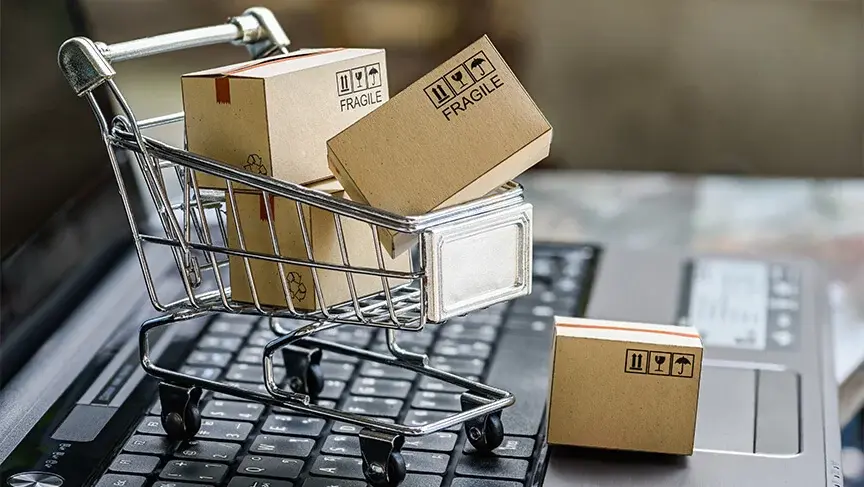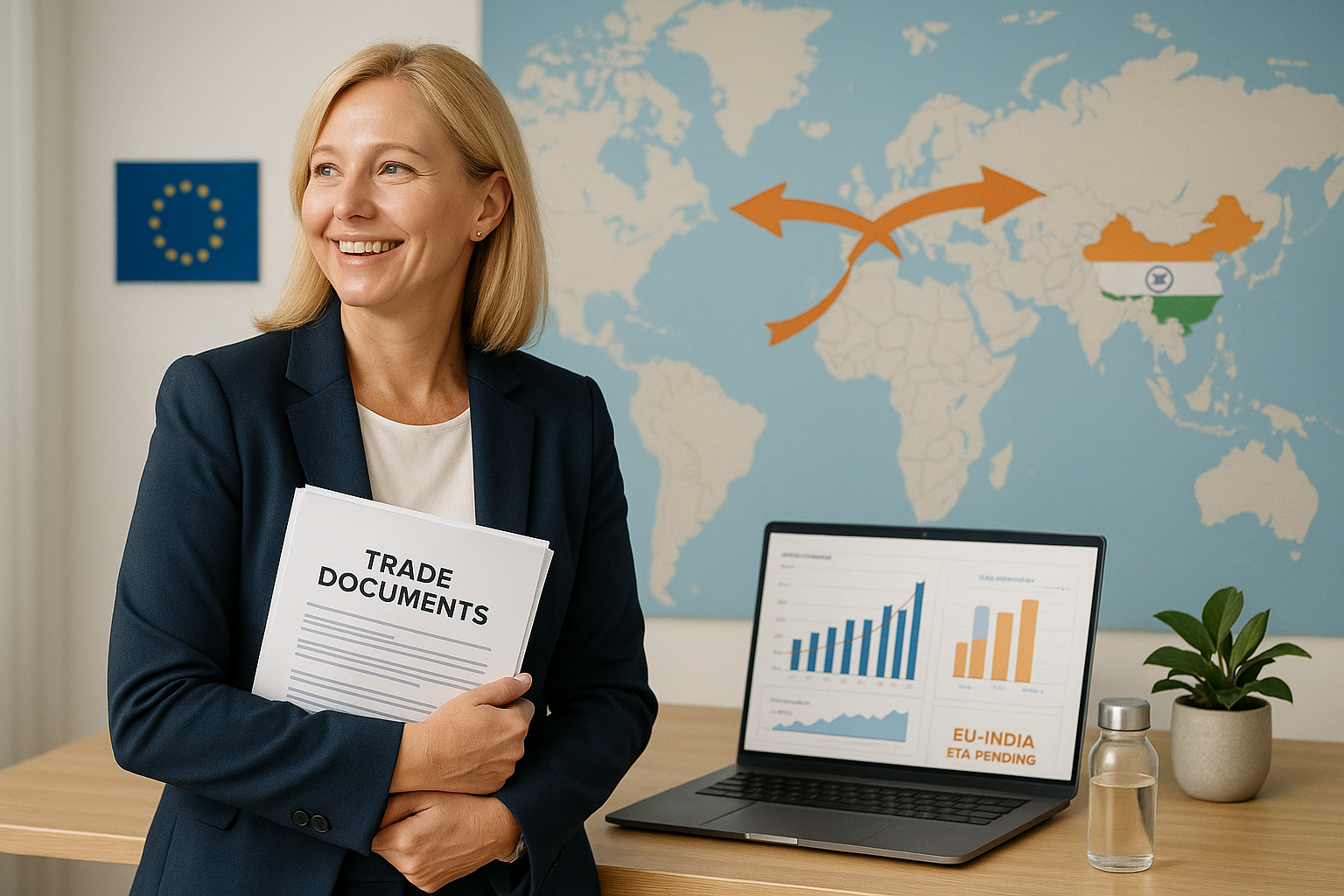The standard and traditional distribution approach doesn’t work the same way as before in many countries.
So why are distributors becoming reluctant to “distribute” as expected?
Let us quote two European companies:
– Huge/very famous producer of home appliances about a potential collaboration with a distributor in Australia: “We can start negotiations if the local company is interested to invest in our brand”…
– Pharmaceutical distributor about a potential collaboration with a famous (in other countries) supplements brand from the UK: “Yes, we’re very interested to collaborate, but the company would need to invest in sales personnel, marketing activity (ideally TV ads), pharma research, etc…”
Don’t you see a contradiction? To the regret of those who still look for a “standard distribution model”, it becomes more and more challenging to find a wholesale partner that is eager to import, distribute and invest its own resources in the promotion of a new brand.
Distributors very often (more and more often, actually) prefer a role of a logistics operator. In some cases/countries, they don’t import too.
For example, to sell food products in modern trade (retail chains) in the USA, a foreign company must work simultaneously with retail buyers, brokers (agents), distributors, and importers. In some countries, retail chains have importing capabilities but in many, they don’t do this. An example from Poland. Pharmaceutical retailers don’t import products. They buy from wholesalers. It’s strictly regulated by Polish legislation.
Companies often expect that a distributor will invest time and money in marketing. But the logic of the distributor is clear: “The brand isn’t mine, even if I can get “exclusivity” for some territory, it doesn’t belong to me. So, why on Earth should I get focused on it?”
We face it more and more often. Wholesale companies from all over the World claim at the beginning: “Been there, done that. We don’t start working with new brands unless the vendor commits to investing in the sales team and marketing tools of all sorts.”
We have recently seen this situation pushing a supplement brand from Eastern Europe into the UAE market. One of the local leading distributors clearly explained that they expect all listing fees to be paid, plus the producer had to hire a sales team (the distributor would work as a logistics operator and a service provider, plus would manage a sales team).
So, what to do when you start a local partner search? We will discuss different export modes/options in the next article.





